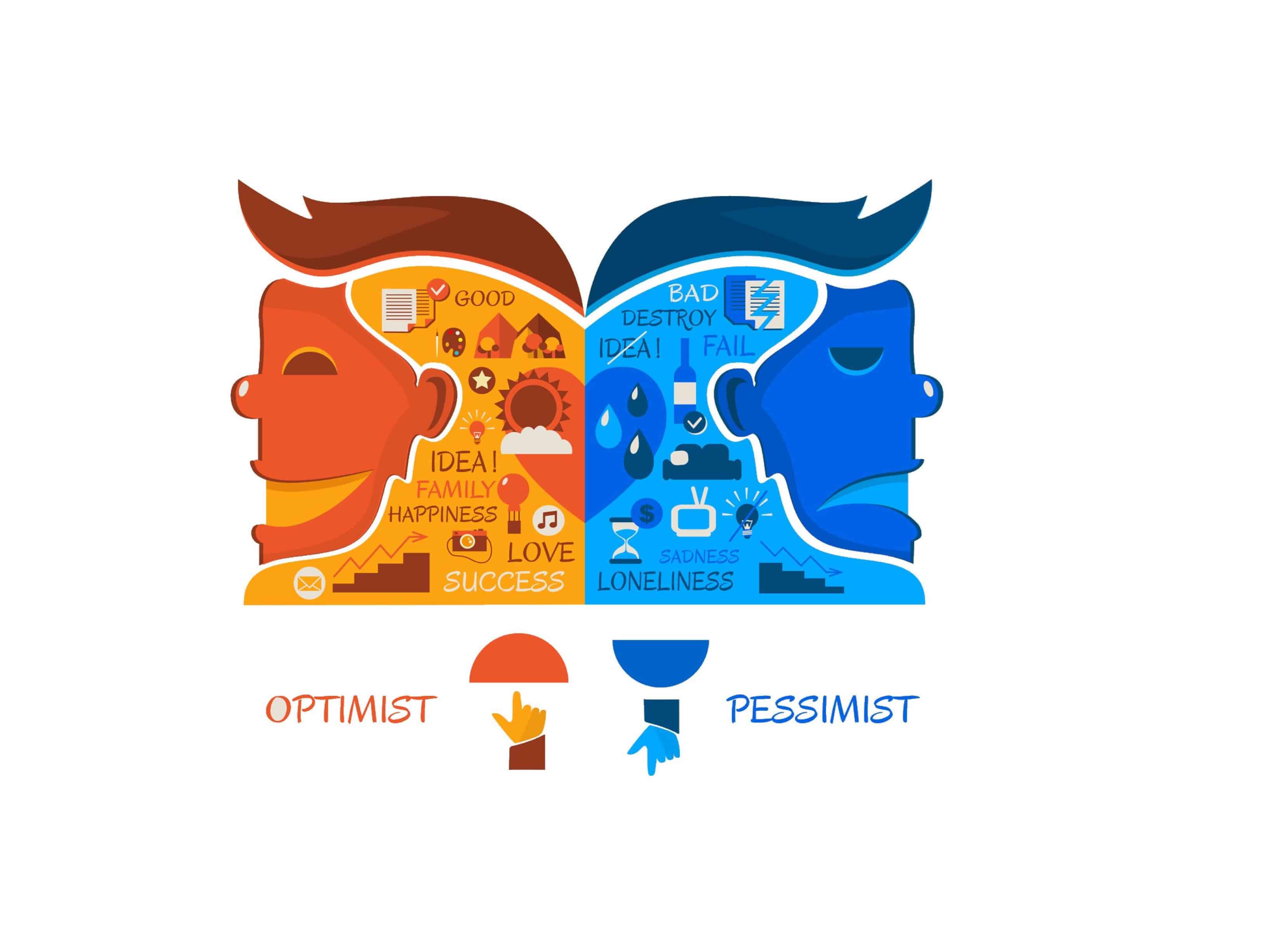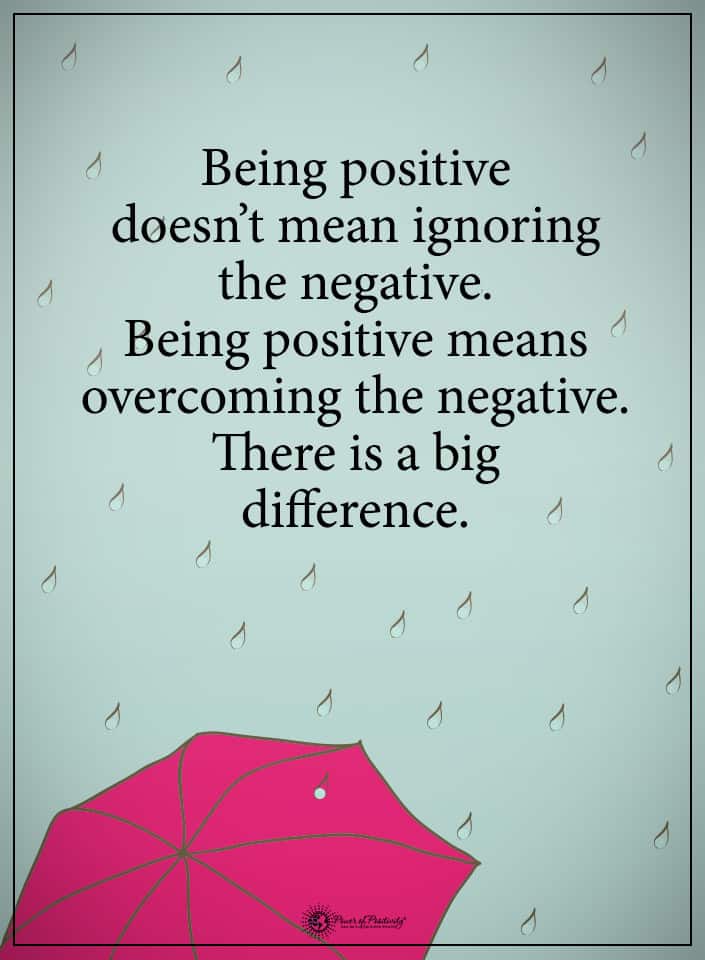Personality is complicated, and it takes all kinds of people to move the world. But optimistic people just have a better outlook on life than pessimistic people do. If you don’t count yourself among them, you should definitely try to adopt some of their best practices.
Optimistic people look at every day as a new opportunity to improve themselves and their world. They take accountability for making their lives the best that they can and they know that happiness is their reward. Tomorrow they will be better people than they were the day before because they made the effort to continuously grow as individuals.
Here Are 7 Things Optimistic People Do Differently:
1. Optimistic people don’t take negative words personally
When they are on the receiving end of negative communication, an optimistic person knows that they have a choice. They can accept it at face value or they can choose not to. Just because someone has said something hurtful does not mean that they have to accept that their opinion is the truth and be hurt by it. Optimistic people choose to believe that a negative person is probably hurting inside themselves.
An optimistic person’s self-esteem comes from within, not from the opinions of those around them. If you already accept and love yourself as valuable, you know that someone who does not accept and respect you is not reflecting your values, so you choose to ignore what they have said.
2. Optimistic people say yes to new experiences
Although managing your level of involvement in activities is important so you don’t over extend yourself, optimistic people love embracing new experiences that come their way. If a friend asked them to go for a hike at 6am on a weekend, they’d be more likely to see the excitement of that opportunity and say ‘yes!’
To embrace this optimistic mindset, think more open-mindedly about the next chance to do something new. Optimistic people embrace the chance to learn a new skill or even learn something about themselves. They see the activity as a fun adventure rather than a burden.
3. Optimistic people find joy everywhere
Small moments like a smile on someone’s face are lasting moments of joy for optimistic people. They tend to frame their mindset to embrace what is right in the world rather than what is wrong which keeps them in an uplifted emotional state.
Even in the face of adversity, optimistic breast cancer patients reported their level of distress over the disease to be much lower than those who were in denial. Cancer patients used several techniques to stay optimistic including acceptance, positive reframing, use of religion, and the use of humor.
4. Optimistic people assume good intentions of others
Someone who is having a bad day and says something grouchy to you probably didn’t intentionally try to hurt your feelings. In fact, maybe they are just having a bad day themselves. An optimistic person knows that mistakes happen and everyone is human. Optimistic people assume the best intentions of their fellow humans.
For example, an optimistic person knows that when their mother says something critical of them that she just wants the best for her child. She is probably trying to express concern but it came out sounding like she was nagging.
When you look at someone as having good intentions toward you, it is hard to feel anger at them. Instead, optimistic people assume the best about others. This strategy works well for the optimistic person in social settings since people tend to like other people who are accepting of their flaws.
5. Optimistic people forgive
Letting go of past hurts is the only way for an optimistic person to move forward with their life. Eliminating negative emotions helps optimistic people to feel less stress.
Anger and resentment tend to have an unhealthy physiological effect on people and positive people dislike these negative emotions and the way that they make them feel inside.
6. Optimistic people express gratitude
Waking up every morning grateful for the roof over your head, the food on the table and the loved ones who you hold dear is a wonderful way to start an optimistic day.
An optimistic person can even express gratitude when negative experiences happen. When something bad happens to an optimistic person, they ask themselves what is one good thing they can take away from the experience.
7. Optimistic people have high expectations
Optimistic people expect great things of themselves and others. They set their sights high and believe in their ability to achieve their dreams. When they encounter a setback, optimistic people see a problem is just a chance to find a solution.
Being optimistic really is healthier for you. According to a study in Finland, a positive attitude may help people to reduce the risk of high blood pressure. Men who had higher expectations for the future over a four-year period had three times lower risk for hypertension than pessimistic men.














 Community
Community

